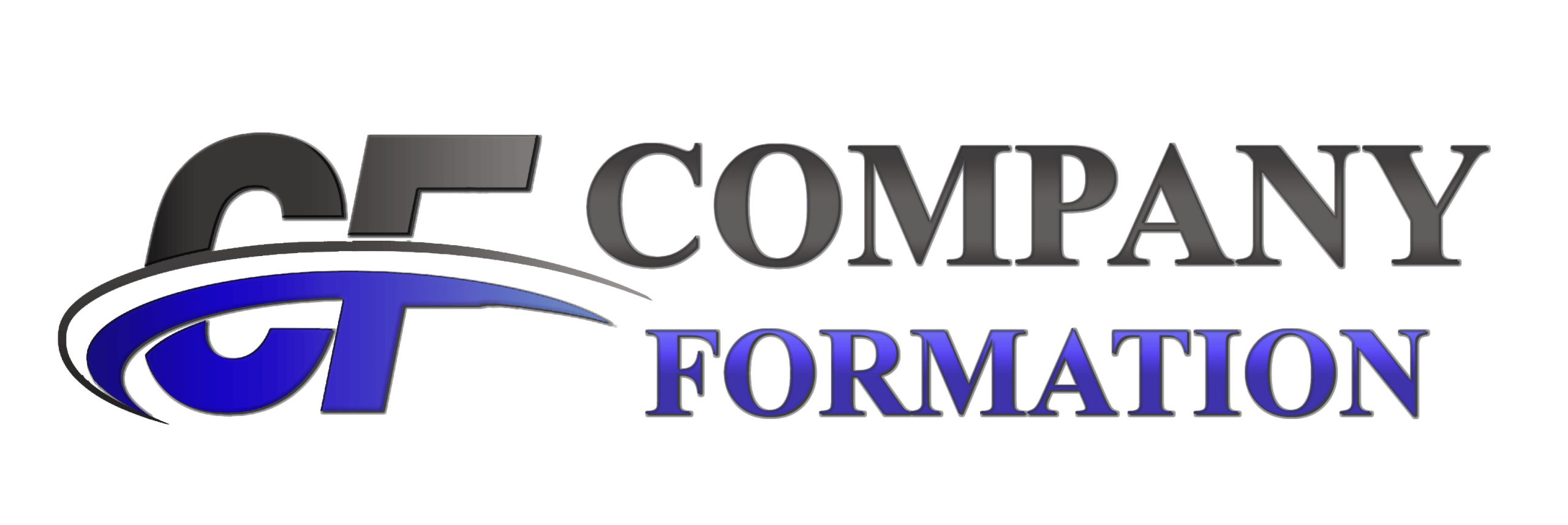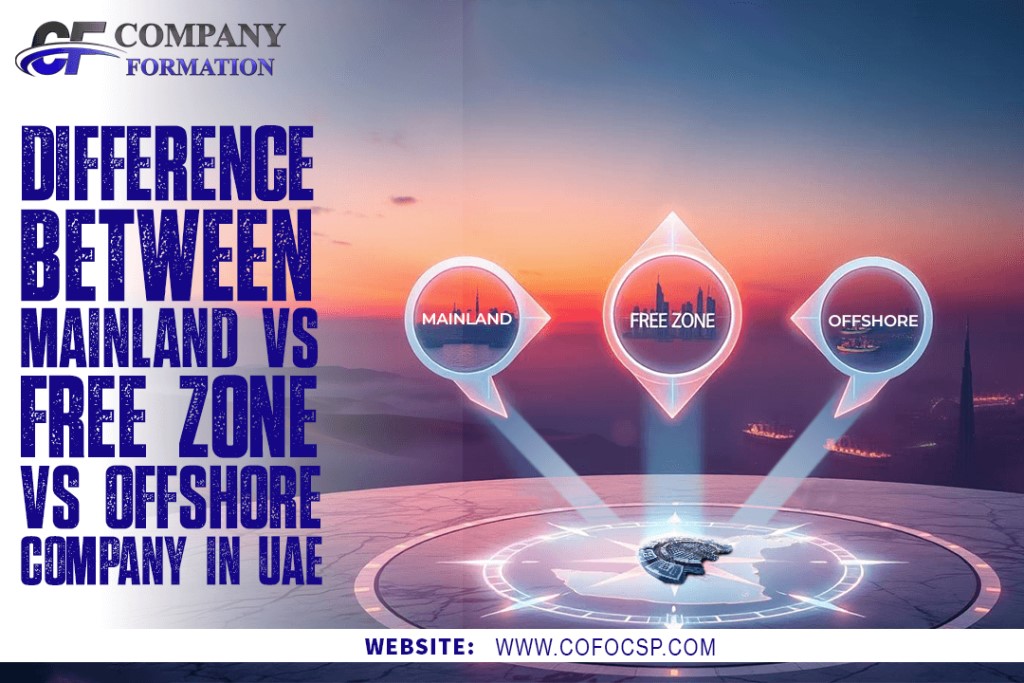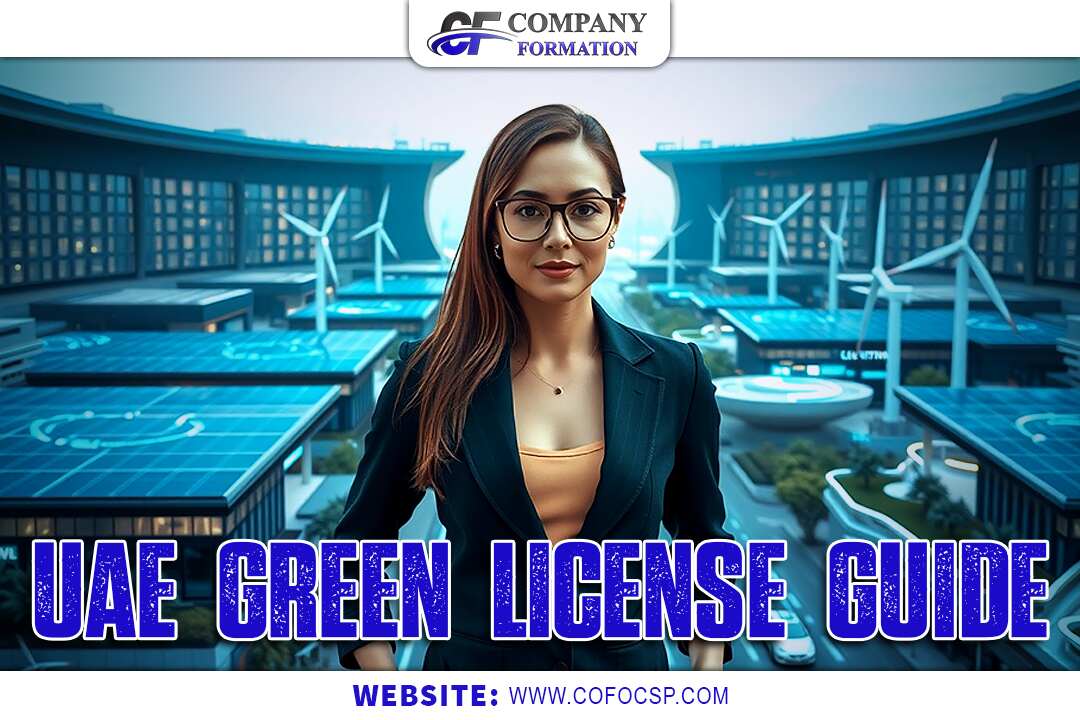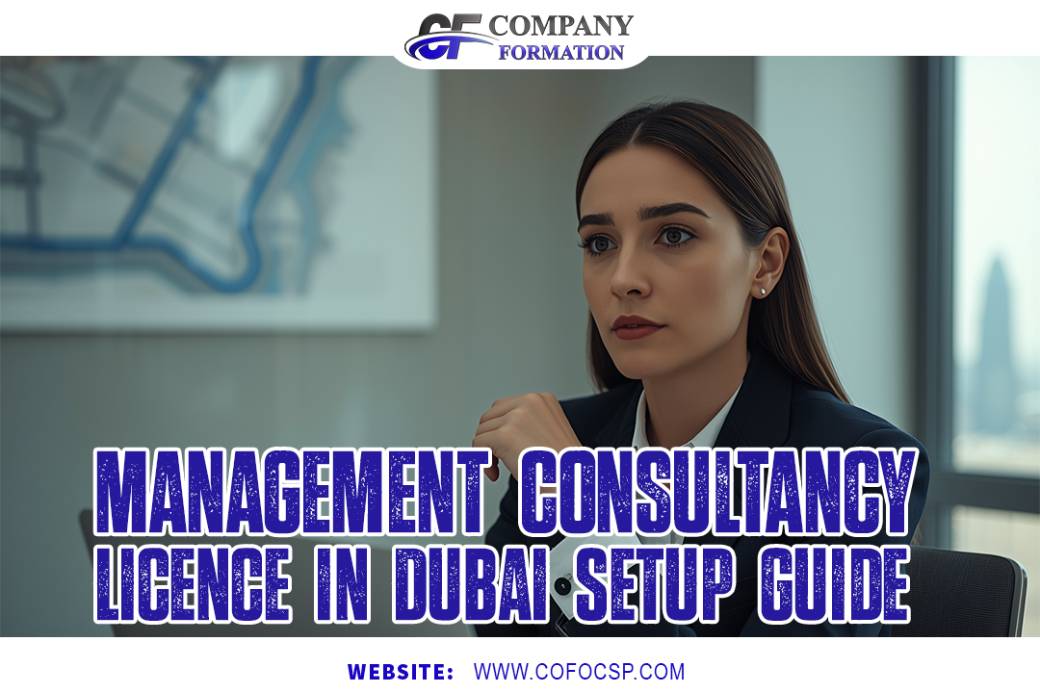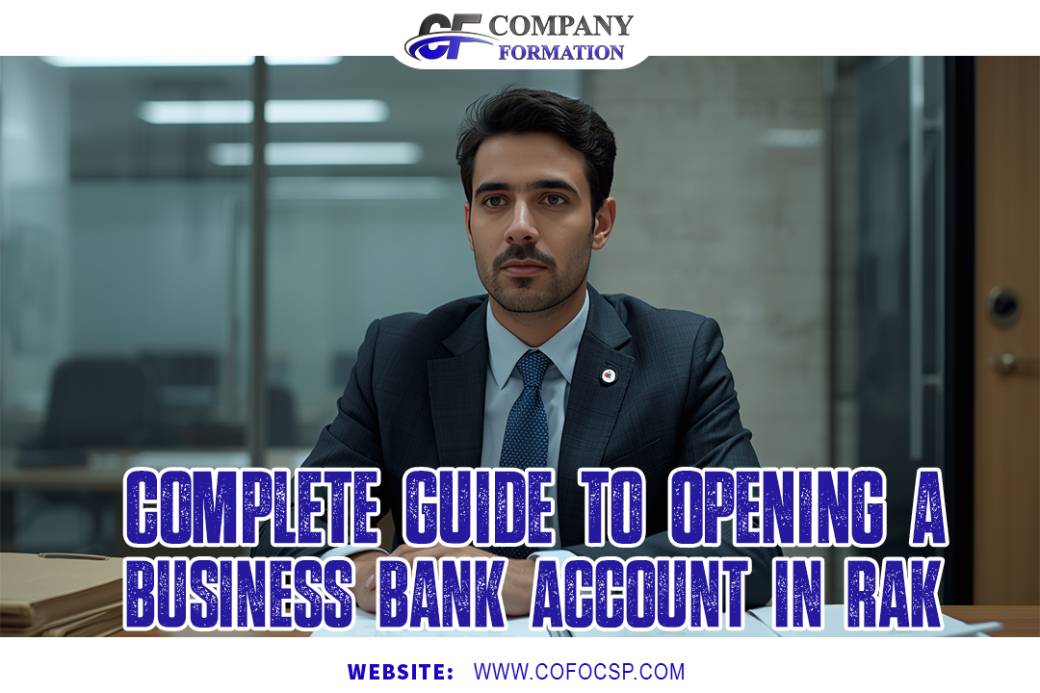What Are the Differences Between Mainland, Free Zone, and Offshore Companies in the UAE?
The Mainland, Free Zone, and Offshore companies in the UAE differ in business setup, ownership, business activities, taxation, office requirements, and visa eligibility. A Mainland company allows full access to the UAE’s local market and international trade with 100% foreign ownership for most activities, but it requires a physical office and may face corporate tax. Free Zone companies offer tax exemptions, full foreign ownership, and repatriation of profits, but they’re limited to operating within the Free Zone or internationally, needing a physical or virtual office. Offshore companies provide tax-free benefits and asset protection, ideal for international business, but they can’t operate in the UAE and don’t require a physical office or issue visas. Choose based on your business goals, market access needs, and cost of setup.
Mainland, Freezone, or Offshore? Which one is the better choice for your business?
The differences in business setup, ownership, permissible activities, taxation, office requirements, and Visa eligibility are distinct for all three types of companies in the UAE – Mainland, Free Zone, and Offshore. A Mainland company allows 100% foreign ownership for most activities and grants full access to the local market and international trade. Still, it requires a physical office and may face corporate tax. Free Zone companies offer tax exemptions, full foreign ownership, and profit repatriation but are limited to operating within the Free Zone or internationally and need a physical or virtual office. Offshore companies are ideal for international business as they provide taxable benefits and asset protection but cannot operate in the UAE; they don’t require a physical office, don’t issue visas, or give residency tokens. Select based on your business objectives, desired market access, and setup costs.
Why Choose the Right Jurisdiction for Business Setup in UAE?
Starting a business setup in Dubai or any location in the UAE is thrilling, but the decision of whether it is a Mainland, Free Zone, or Offshore jurisdiction is equally exciting. Dubai and the rest of UAE offer incredible business opportunities and come with a set of rules and perks like tax benefits, full foreign ownership, or market access. For instance, a Mainland company allows you to trade freely across the Emirates, whereas a Free Zone company offers lower local trade taxes. Offshore companies are preferable when doing international business, but they cannot operate locally.
What Is a Mainland Company in the UAE?
A mainland company is a form of business entity that operates in the United Arab Emirates (UAE), such as Dubai and Abu Dhabi. It is ideally suited for businesses that would like to leverage the local market while trading internationally because there are no limitations with regard to operations. In comparison with other jurisdictions, Mainland companies enjoy increased flexibility regarding business activities and locations.
A. Benefits of Mainland Company Formation
- One hundred percent foreign ownership: Due to changes in UAE business laws in 2021, the majority of Mainland companies are now able to hold 100% foreign ownership, which eliminates the local sponsor requirement in most cases. This eases company registration in Dubai for foreign investors.
- Greater access to the market: You are permitted to trade directly in the UAE market, compete for government tenders and operate in all of the Emirates. This is beneficial for retail or service businesses that require access to local markets.
- Flexibility in business activities: From trading to consulting, Mainland companies face fewer restrictions on business activity, unlike Free Zone companies, which are restricted to specified industries.
- No restriction on the location: Open your office anywhere in the UAE and have the prime choice of Dubai and other Emirates.
- No restriction on currency transfer: Freely carry out financial transactions that support international trade and business activities.
B. Requirements for Mainland Business Setup
- Business license: Get a business license from the DED. The fees are dependent on your business activity. For example, there is a charge of 5% of the office rent for a standard license.
- Office space: A minimum of 200 square feet of leased or owned office space is required since virtual offices are not permitted.
- Approvals: Obtain DED’s consent approval for the trade name and attest to the Memorandum of Association (MoA) via the Dubai Chamber of Commerce or the Ministry of Economy.
- Visa Eligibility: The residency visas available are proportional to the office area (one visa per 80 square feet); there is no cap on the number of visas.
- Local Sponsor (if applicable): For some activities with specific strategic impact, a local sponsor with 51 percent shareholding was previously common but is now uncommon.
Pro Tip: Work with business setup consultants in Dubai to navigate DED requirements and ensure regulatory compliance. They can streamline trade license approvals and MoA attestation, saving you time.
What Is a Free Zone Company in the UAE?
Free Zone companies are firms registered in the various economic zones within the UAE, including DMCC, JAFZA, and RAKEZ, which are set up with the aim of facilitating trade and export business. Such zones offer tax advantages and are best suited for companies focusing on the international market or certain sectors like technology or media.
A. Benefits of Free Zone Company Setup
- Full Ownership: There is no local sponsor required, which makes business setup in Freezone appealing to foreign investors.
- Tax Incentives: Get tax holidays (up to 50 years) on corporate, personal tax, and customs duties, increasing profitability.
- Repatriation of Profits: Profits and capital can be transferred without restrictions, which is beneficial to international businesses.
- Simplified Procedures: Licensing Free Zones is more straightforward and faster than Mainland licensing.
- Specific Focuses: Free Zones like Dubai Media City or Sharjah Publishing City are specialized which can help networking and growth.
B. Requirements for Free Zone Business Setup
- Commercial Office: A majority of the Free Zones require an actual office. However, DMCC has virtual offices and flexi-desks.
- Visa Quota: Obtaining a Visa is structured differently by Free Zone and office size (3-6 Visas for a flexi-desk in DMCC and 1 Visa for 9 square meters of physical space).
- Share Capital: Some free zones require a minimum capital deposit, which depends on the business activity and the Free Zone‘s policies, deposited in a UAE bank account.
- Business Activity: Restricted to approved activities within the Free Zone geographical area. Direct access to the UAE market is restricted unless through a local distributor.
- VAT Registration: Most companies within the Free Zone are required to register with the Federal Tax Authority for VAT payments, unless it is in rare exempt zones.
Pro Tip: Research emirate-specific Free Zones like ADGM for finance or Twofour54 for media to align with your industry focus. This maximizes Free Zone benefits like tax holidays and networking opportunities.
What Is an Offshore Company in the UAE?
An Offshore company is a corporate entity registered in jurisdictions like RAK ICC, Jebel Ali Offshore, or Ajman Free Zone, designed for international business, asset protection, and tax optimization. It’s not allowed to operate within the UAE but can hold assets or act as a shareholder in other companies.
A. Benefits of Offshore Company Formation
- Tax-Free Environment: Offshore companies face no corporate tax or personal tax, which is ideal for wealth management and asset holding.
- Confidentiality: Enjoy privacy and asset protection, making Offshore setups popular for holding companies or intellectual property.
- No Physical Office: No need for office space, reducing business setup costs.
- Real Estate Ownership: Offshore companies in RAK ICC or Jebel Ali can own real estate in designated Dubai areas, unlike Ajman Offshore.
- Quick Setup: Minimal documentation and fast incorporation through a registered agent make it the easiest jurisdiction to start.
B. Requirements for Offshore Business Setup
- Registered Agent: Offshore companies must be incorporated through agents like InZone, handling corporate bank account setup and compliance.
- No UAE Visas: Offshore companies cannot issue UAE residence visas, limiting local presence.
- No Minimum Capital: Unlike Free Zone setups, there’s no share capital requirement, lowering initial costs.
- Business Restrictions: Can’t conduct business activities in the UAE but can hold shares, trademarks, or real estate assets.
- Bank Account: Open a UAE bank account for financial transactions, supporting international trade.
Pro Tip: Use an Offshore company as a holding company to manage shares in a Mainland or Free Zone business, combining tax benefits with UAE market access.
Mainland vs. Free Zone vs. Offshore: A Detailed Comparison
To make an informed choice for your business setup in UAE, compare Mainland, Free Zone, and Offshore companies across key factors. Below is a detailed table summarizing the differences, followed by in-depth explanations.
To make an informed choice for your business setup in UAE, compare Mainland, Free Zone, and Offshore companies across key factors. Below is a detailed table summarizing the differences, followed by in-depth explanations.
| Feature | Mainland Company | Free Zone Company | Offshore Company |
| Ownership | 100% foreign ownership (most activities); local sponsor for strategic cases | 100% foreign ownership, no local sponsor needed | 100% foreign ownership, no local sponsor needed |
| Business Scope | Trade in UAE market and internationally, no restrictions | Trade in Free Zone and internationally; local distributor for UAE market | International trade only, no UAE business activities |
| Taxation | Subject to 9% corporate tax (2023 onwards), possible VAT | Tax exemptions (up to 50 years), VAT registration required in most cases | No corporate or personal tax, VAT-exempt |
| Office Requirement | Mandatory 200 sq ft office, no virtual office | Physical or virtual office (e.g., flexi-desk), varies by Free Zone | No physical office required |
| Local Market Access | Full UAE market access, including government contracts | Limited UAE market access, needs local agent | No direct UAE market access |
| Visa Eligibility | Unlimited visas based on office size (1 per 80 sq ft) | 3–6 visas (varies by Free Zone, e.g., 1 per 9 sq m in DMCC) | No UAE residence visas issued |
| Setup Cost | High (AED 20,000–50,000+), includes license fee, office rent | Medium-High (AED 11,500–70,000), varies by Free Zone | Low (AED 10,000–18,000), no office or visa costs |
| Setup Process | Moderate, involves DED approval, MoA attestation | Fast, streamlined by Free Zone Authority | Simple, quick via registered agent |
A. Ownership Structure
Mainland, Free Zone, and Offshore all allow 100% foreign ownership for most businesses. This is a big attraction for foreign investors. Mainland companies might need a local sponsor who holds 51% of theshares. This is true for strategic activities in specific sectors, like government-related ones. Free Zone and Offshore setups eliminate this need, giving full control to shareholders.
B. Business Activities and Market Access
Mainland companies excel in local market access. They enjoy free trade across the UAE and can bid for government contracts. Free Zone companies can only operate in their zone or trade internationally. They need a local distributor to reach the UAE market. Offshore companies handle international business, like asset holding and wealth management. They can’t operate locally but can own shares in Mainland or Free Zone entities.
C. Taxation and Financial Benefits
Mainland companies face a 9% corporate tax (introduced in 2023) and may need VAT registration at 5%, depending on business activity. Free Zone companies enjoy tax exemptions for up to 50 years, including customs duties, but most must register for VAT payments. Offshore companies are fully tax-free, making them ideal for tax optimization and repatriation of profits.
D. Office and Physical Presence Requirements
Mainland companies require a physical office (minimum 200 square feet), increasing business setup costs. Free Zones offer flexibility with physical offices, virtual desks, or flexi-desks, depending on the Free Zone (e.g., JAFZA, ADGM). Offshore companies need no office space, minimizing overhead.
E. Visa Eligibility and Quotas
Mainland companies have no visa cap, with residency visas tied to office size (one per 80 square feet). Free Zone visas range from 3–6, based on office type (e.g., DMCC offers one visa per 9 square meters). Offshore companies don’t issue UAE residence visas, limiting local staffing options.
F. Cost of Setup and Maintenance
Mainland setups are costly (AED 20,000–50,000+), covering license fees, office rent, and MoA attestation. Free Zone costs vary (AED 11,500–70,000), influenced by Free Zone reputation (e.g., DMCC vs. Ajman Free Zone) and visa quotas. Offshore setups are the cheapest (AED 10,000–18,000), with low maintenance (AED 5,000–8,000 annually) due to no office or visa expenses.
Pro Tip: For cost of business setup UAE, compare Free Zone options like RAKEZ (budget-friendly) vs. DMCC (premium) to balance tax benefits and visa eligibility.
How to Choose the Best Jurisdiction for Your Business Setup in Dubai?
Choosing the right jurisdiction for company formation in the UAE depends on your business goals, industry focus, and financial objectives. Here’s how to decide:
Factors to Consider for Company Formation in UAE
- Nature of Business: Need UAE market access? Go Mainland. Focused on international trade or tech? Try a Free Zone like Dubai Media City. Want asset protection? Choose Offshore.
- Ownership Preferences: All jurisdictions offer 100% foreign ownership, but the Mainland may need a local sponsor for specific activities.
- Market Access: The mainland is best for local markets and government contracts. Free Zones suit export businesses, while Offshore is for international investments.
- Taxation and Costs: Free Zones and Offshore offer tax-free benefits, while the Mainland faces a 9% corporate tax. Compare setup costs (e.g., Mainland office rent vs. Free Zone flexi-desk).
- Office Requirements: No physical office? Offshore is ideal. Need flexibility? Free Zone virtual offices work. Want prime Dubai locations? Go Mainland.
- Visa Needs: For large teams, the Mainland offers unlimited visas. Free Zones suit smaller teams, while Offshore offers none.
- Long-Term Goals: Plan to scale locally. Choose Mainland. Eyeing global expansion? Free Zone or Offshore aligns with international business.
Step-by-Step Guide to Business Setup in UAE
Here’s how to start your business setup in Dubai or UAE for each jurisdiction, addressing the business setup timeline UAE and emirate-specific regulations.
Steps for Mainland Company Setup Process
- Choose Business Activity: Select your business activity (e.g., trading, consulting) to determine the trade license type.
- Get Trade Name Approval: Submit your trade name to the DED for approval.
- Secure Initial Approval: Obtain DED initial approval for your business entity.
- Sign MoA: Draft and attest the Memorandum of Association via the Dubai Chamber of Commerce.
- Lease Office Space: Rent a 200 sq ft office to meet office requirements.
- Register with Authorities: Finalize trade license with the DED, Ministry of Economy, and Dubai Chamber of Commerce.
- Apply for Visas: Request residency visas based on office size.
- Open Bank Account: Set up a UAE bank account for financial transactions.
Timeline: 2–4 weeks, depending on DED approval and MoA attestation.
Steps for Free Zone Company Setup Process
- Select Free Zone: Choose a Free Zone like JAFZA, DMCC, or RAKEZ based on industry focus.
- Submit Application: Provide business activity details and documents to the Free Zone Authority.
- Choose Office Type: Opt for a physical office, virtual desk, or flexi-desk.
- Deposit Share Capital: Meet share capital requirements (varies by Free Zone) in a UAE bank account.
- Obtain License: Receive your trade license from the Free Zone Authority.
- Apply for Visas: Request visas based on office size and Free Zone quota.
- Register for VAT: Enroll with the Federal Tax Authority for VAT payments if required.
Timeline: 1–3 weeks, thanks to streamlined setup processes.
Steps for Offshore Company Setup Process
- Choose Jurisdiction: Pick RAK ICC, Jebel Ali Offshore, or Ajman Free Zone.
- Hire Registered Agent: Engage a registered agent to handle incorporation.
- Submit Documents: Provide minimal documentation (e.g., passport copies, business activity details).
- Open Bank Account: Set up a corporate bank account for international transactions.
- Receive Incorporation: Get your Offshore certificate, typically within days.
Timeline: 3–7 days, the fastest business setup option.
Pro Tip: For Free Zone or Offshore setups, verify UAE bank licensing requirements to ensure smooth bank account opening, especially for international business companies.
Common Questions
Q1: What is the cheapest way to set up a business in UAE?
An Offshore company is the cheapest, costing AED 10,000–18,000 with no office or visa expenses. Free Zone setups like Ajman Free Zone are budget-friendly for startups.
Q2: How long does it take to set up a Mainland company in 2025?
A Mainland setup takes 2–4 weeks, depending on DED approval and office lease agreements.
Q3: Which Free Zone is best for tech startups in UAE?
DMCC and Dubai Design District (D3) are great spots for tech startups. They provide tax breaks, networking chances, and hubs tailored to specific industries.
Q4: Can Offshore companies own property in Dubai?
Yes, RAK ICC and Jebel Ali Offshore companies can own real estate in designated Dubai areas, unlike Ajman Offshore.
Q5: What are the VAT requirements for Free Zone companies?
Most Free Zone companies must register with the Federal Tax Authority for VAT payments at 5%, except in rare exempt zones.
Conclusion:
Choosing between a Mainland, Free Zone, or Offshore company for your business setup in Dubai or UAE depends on your business goals. Want to conquer the UAE market? A Mainland company offers unmatched local market access. Need tax exemptions and global reach? A Free Zone company in DMCC or RAKEZ is perfect. Looking for asset protection and low costs? An Offshore company in RAK ICC fits the bill.Know about ownership, taxes, office needs, and visas. This helps you choose the best place for your UAE business. Ready to start? Contact business setup consultants in Dubai. They can help you with company formation in the UAE. Make your vision a reality! Your business setup journey begins now!
